In the realm of contemporary art and culture, few names evoke as much curiosity and controversy as MSCHF. Since its inception in 2016, this Brooklyn-based art collective has consistently pushed the boundaries of what art can be, often blurring the lines between performance, design, and internet trolling. With a penchant for provocative "drops" that captivate and confound, MSCHF has carved out a unique space in the art world, one that defies easy categorization.
At the helm of this creative chaos are co-chief creative officers Kevin Wiesner and Lukas Bentel. In a recent Zoom call, Wiesner embraced the label "artists" for the collective, noting its ambiguity as a fitting descriptor for the diverse roles its members play. "Nobody really knows what that means," he said, aligning with MSCHF's elusive nature. This enigmatic approach has been a hallmark of the group's strategy, allowing their projects to emerge seemingly from nowhere, sparking intrigue and debate.
MSCHF's modus operandi has long been one of obscurity. After releasing their creations, the collective would step back, observing as the internet and media attempted to decipher their intentions with little to no guidance. "We were trying to maintain a black box as much as possible," Wiesner explained. "We wanted these projects to show up from nothing — to seem like they just sprung, fully formed, from the head of Zeus." Bentel echoed this sentiment, describing their role as setting up scenarios and then watching how people interact with them. "We really don’t give any behind-the-scenes look at any of the projects," he added.
This strategy has yielded a series of headline-grabbing drops, each more audacious than the last. There were the cartoonish big red boots inspired by the Japanese manga character Astro Boy, which sold over 20,000 pairs at $350 each. Then came the infamous "Satan Shoes," modified Nike Air Max 97 sneakers containing a drop of human blood, which sold out in under a minute. Perhaps most intriguing was a microscopic Louis Vuitton-style bag, barely visible to the human eye, that commanded a staggering $63,000 at auction.
MSCHF's projects often walk a fine line, leveraging and satirizing what they term "modern internet capitalism." Their work critiques the role of the internet in consumerism, highlighting the absurdities and excesses of our digital age. This approach has not been without its legal challenges. The release of the "Satan Shoes" in 2021 led to a lawsuit from Nike, who claimed trademark infringement. MSCHF scrambled to produce exactly 666 pairs of shoes before receiving a temporary restraining order, creating what Wiesner called their "most dramatic production story" to date. The group eventually reached a settlement, issuing a voluntary recall and buy-back program for the shoes.
This was not MSCHF's first encounter with legal trouble. In 2019, they released the "Jesus Shoes," customized Nike Air Max 97 sneakers filled with holy water from the Jordan River. These shoes became one of the most Googled items of the year, selling over 700 pairs at $1,425 each, with resale values reaching up to $3,000 on platforms like StockX. Despite the legal battles, MSCHF remains resolute in their mission to provoke and engage.
The collective is quick to distance themselves from the label of a streetwear brand. Their favorite project, according to Wiesner and Bentel, was in 2022 when they sold 1,000 duplicate car keys for a single 2004 Chrysler PT Cruiser parked in an undisclosed location in New York City. Buyers were required to follow clues to locate the vehicle, which quickly made its way through all five boroughs and several states. The car was broken, repaired, customized, and more, all while MSCHF watched from the sidelines. "We very much don’t measure success by marketing KPIs," Wiesner said. "We choose projects based on personal interest and the degree to which the concept evolves over time."
MSCHF's audience is as diverse as their projects. From an ATM installation that displayed users' bank account balances on a public leaderboard to a series of locked iPhones containing celebrities' phone numbers, their work has engaged people across various communities, demographics, and age groups. This diversity is part of what makes MSCHF so compelling, according to RJ Rushmore, an art enthusiast from Philadelphia who began collecting MSCHF pieces after the "Satan Shoes" controversy in 2021. Rushmore owns several of the group's shoe styles and a piece of a $30,000 Damien Hirst artwork that MSCHF cut into 88 parts and sold individually.
While acknowledging that some of MSCHF's drops can be seen as "silly," Rushmore appreciates their commentary on internet culture and broader social and economic issues. Projects like "Tax Heaven 3000," a 2023 release that combined functional tax filing software with an online dating simulator, offer a satirical take on American tax law. "If a decade from now, MSCHF is just another streetwear brand, I’ll feel disappointed," Rushmore said. "But if, a decade from now, MSCHF is still poking fun, even at my expense, I think I’ll feel good."
As MSCHF enters a transformative period, reflecting on past projects and their place in the digital landscape, they have decided to share some of their inner workings with the world. Their first book, "Made by MSCHF," offers a rare glimpse into the creative process behind their most successful drops. The book also addresses the highs and lows of being art-world outsiders and provides insights into their approach to modern internet capitalism.
Wiesner and Bentel hope the book will inspire others to engage with culture in new and playful ways. They give explicit permission for readers to do what they like with MSCHF's artwork, as long as it's not boring. "It’s so exciting when you see somebody make something new," Bentel said. "It’s so much harder to make things than to just sit there and consume everything coming at you." The collective's ultimate goal is to encourage others to play with culture, rather than passively consume it.
"Made by MSCHF," published by Phaidon, is now available. As the art world continues to grapple with the complexities of the digital age, MSCHF stands as a beacon of creative audacity, challenging us to question, engage, and play. Their work is a testament to the power of art to provoke, inspire, and transform, reminding us that sometimes, the most impactful art is the kind that defies easy understanding.

By Joshua Howard/May 14, 2025

By Samuel Cooper/May 14, 2025

By Victoria Gonzalez/May 14, 2025

By Elizabeth Taylor/May 14, 2025

By Sophia Lewis/May 14, 2025

By Thomas Roberts/May 14, 2025

By Sophia Lewis/May 14, 2025
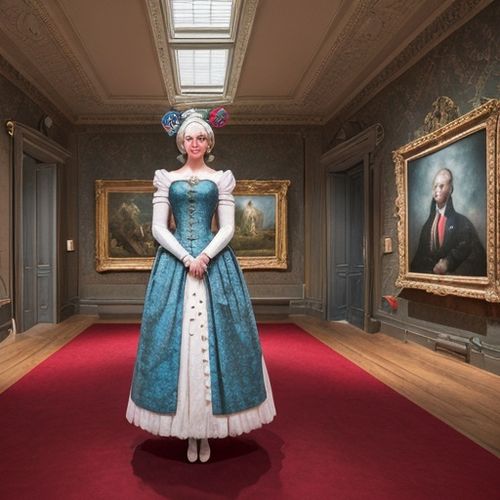
By James Moore/May 14, 2025

By Christopher Harris/May 14, 2025

By Megan Clark/May 14, 2025
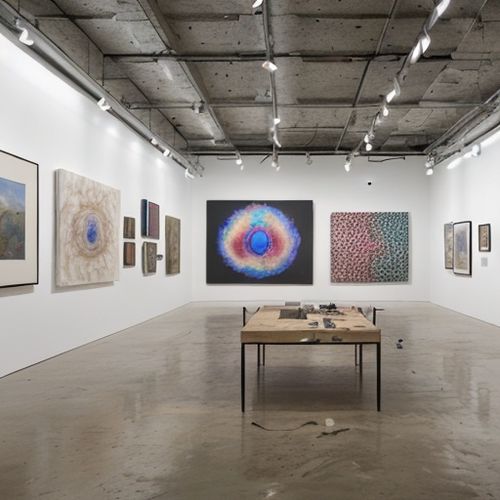
By Lily Simpson/May 14, 2025
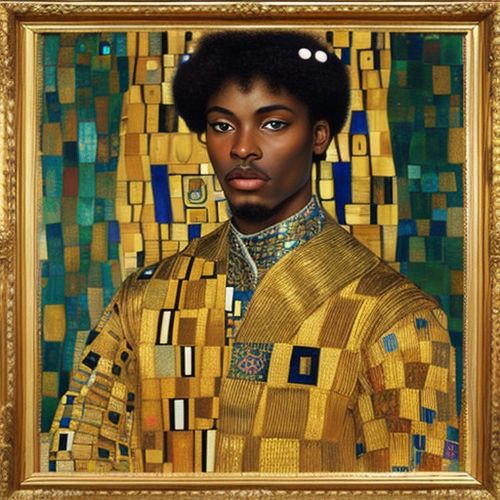
By Rebecca Stewart/May 14, 2025

By Thomas Roberts/May 14, 2025
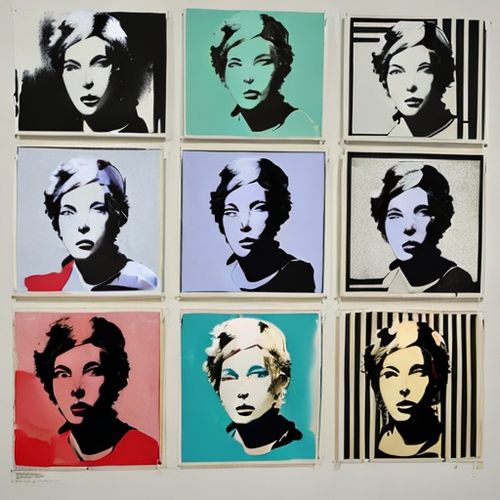
By Grace Cox/May 14, 2025
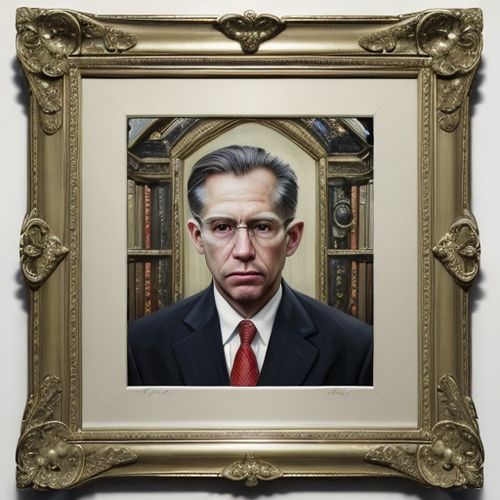
By Sarah Davis/May 14, 2025
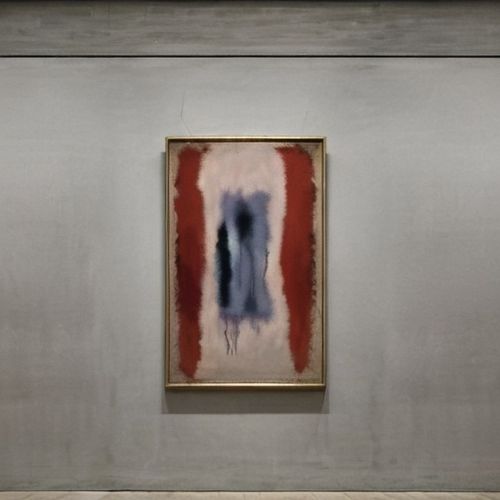
By Megan Clark/May 14, 2025
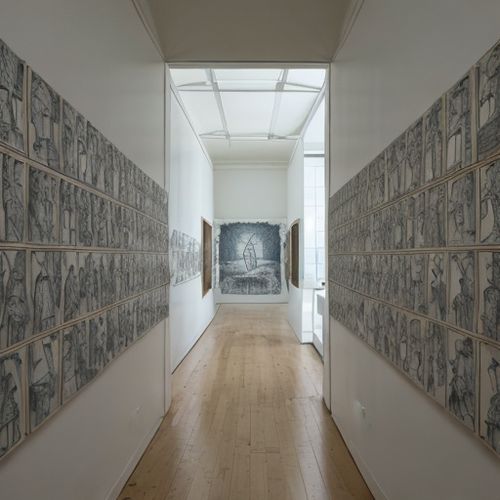
By Jessica Lee/May 14, 2025

By James Moore/May 14, 2025

By Samuel Cooper/May 14, 2025
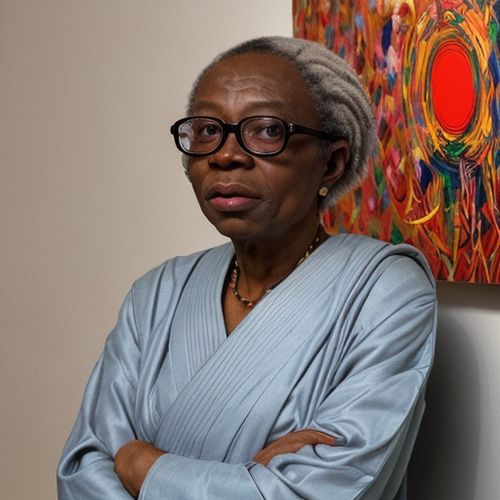
By George Bailey/May 14, 2025